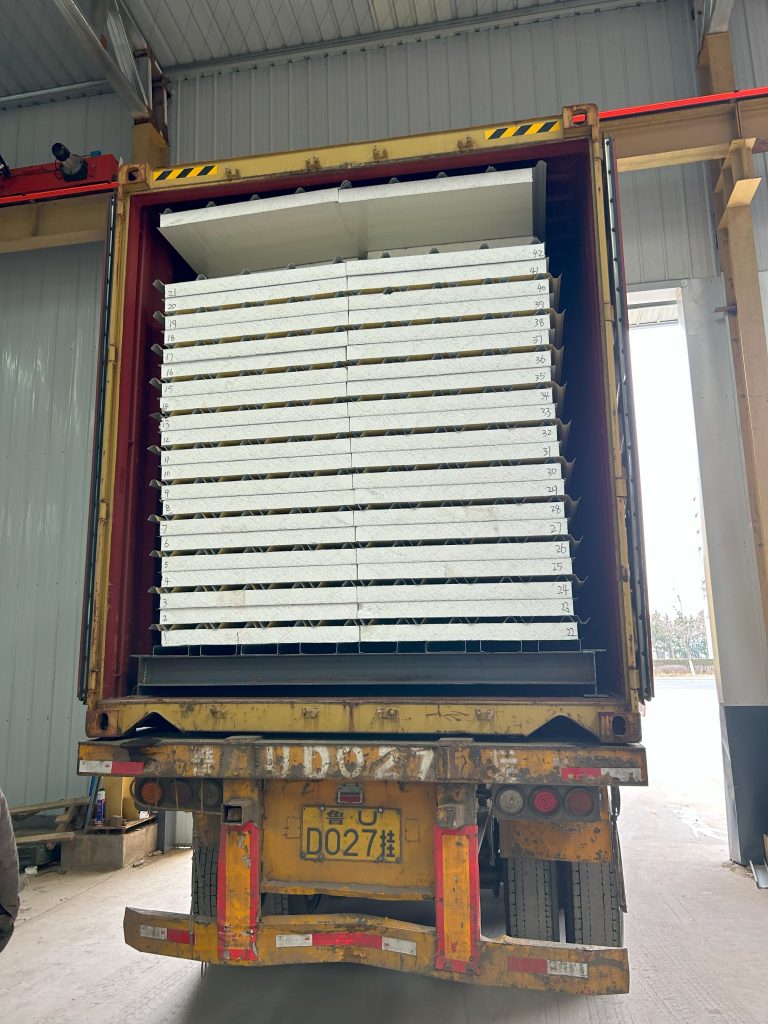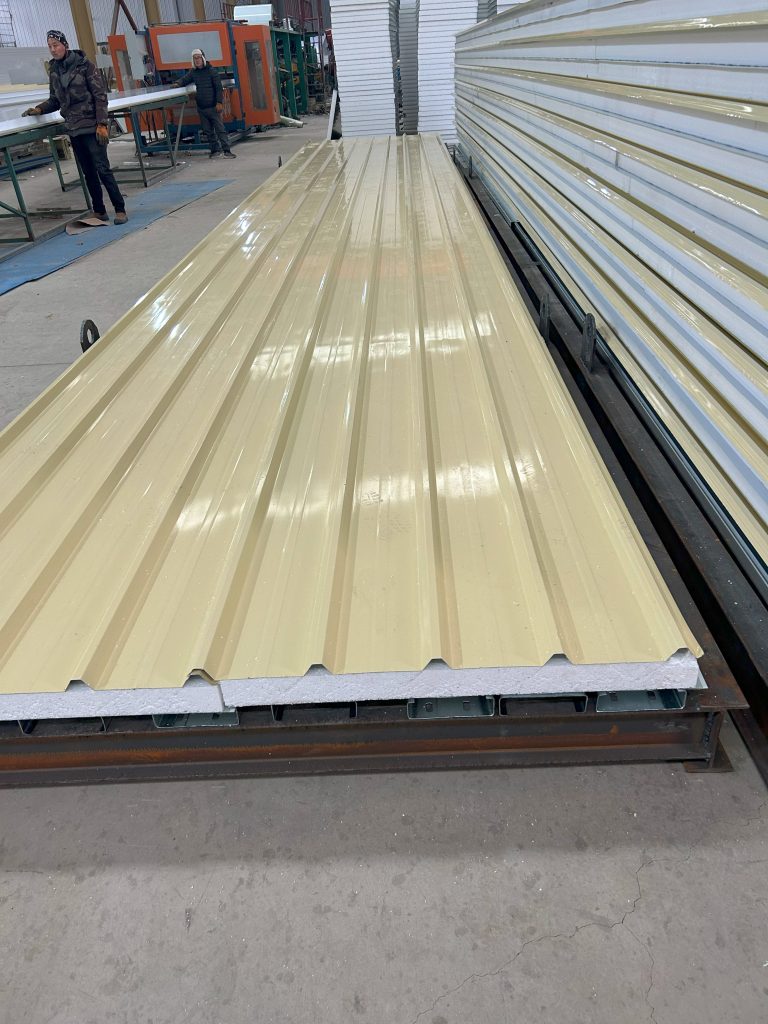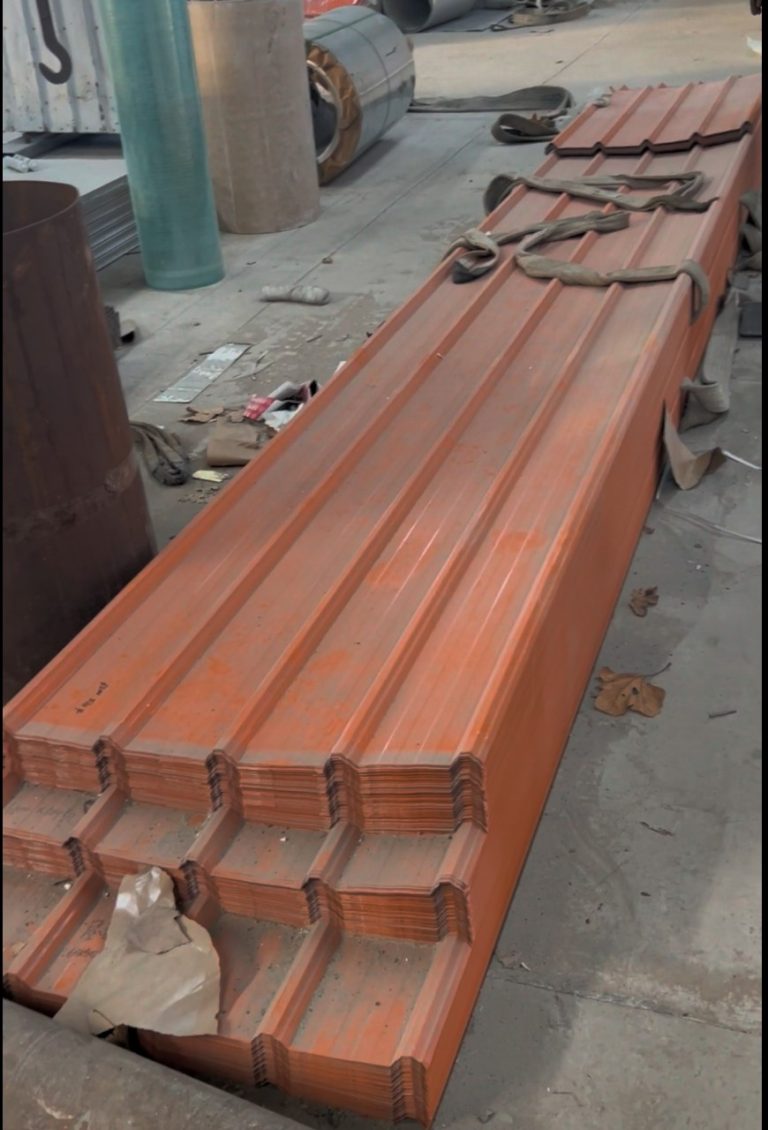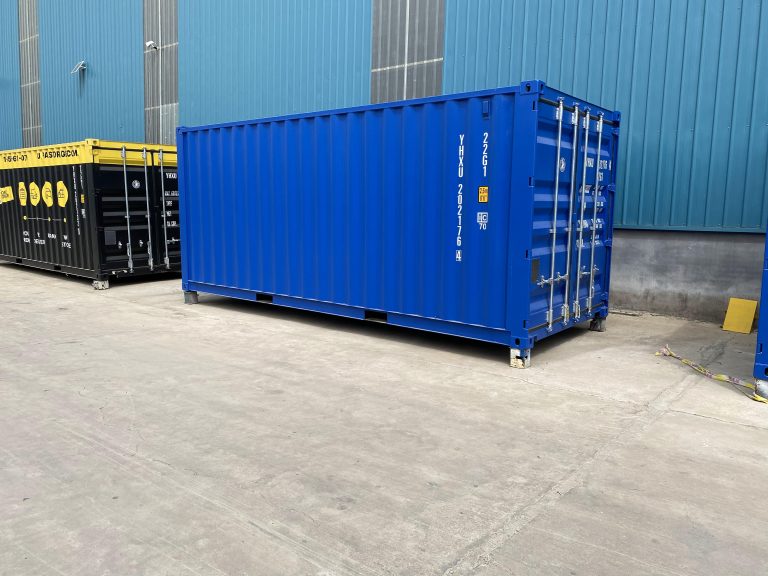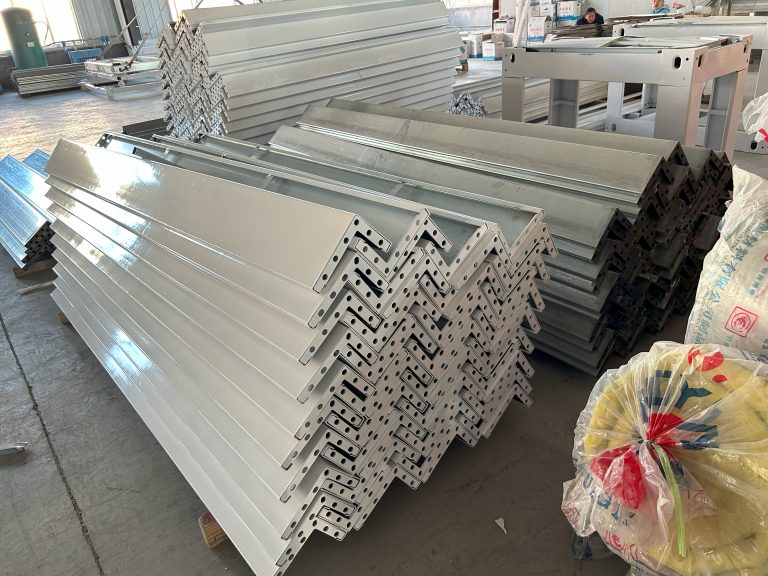Steel clinics: Guardians of community health.
Inhoudsopgave
The Importance of Regular Check-ups at Steel Clinics
Steel clinics play a crucial role in safeguarding the health and well-being of communities. These clinics serve as the first line of defense in preventing and managing various health conditions. Regular check-ups at steel clinics are essential for early detection of health issues, monitoring of chronic conditions, and promoting overall wellness.
One of the primary reasons why regular check-ups at steel clinics are important is early detection of health problems. Many serious health conditions, such as diabetes, hypertension, and cancer, may not present any symptoms in the early stages. Regular check-ups allow healthcare providers to screen for these conditions and intervene early, when treatment is most effective. By detecting health issues early, individuals can receive timely care and prevent complications down the line.
In addition to early detection, regular check-ups at steel clinics are essential for monitoring chronic conditions. For individuals with conditions such as diabetes, asthma, or heart disease, regular visits to the clinic are necessary to ensure that their condition is well-managed. Healthcare providers can assess the effectiveness of treatment, adjust medications as needed, and provide guidance on lifestyle modifications to improve health outcomes. By staying on top of their condition through regular check-ups, individuals can prevent exacerbations and maintain a good quality of life.

Furthermore, regular check-ups at steel clinics are important for promoting overall wellness. In addition to screening for specific health conditions, healthcare providers at steel clinics can offer preventive services such as vaccinations, counseling on healthy lifestyle habits, and screenings for risk factors such as obesity and smoking. By taking a proactive approach to their health, individuals can reduce their risk of developing chronic diseases and improve their overall well-being.
Transitioning from the importance of regular check-ups, it is worth noting that steel clinics are uniquely positioned to serve the needs of their communities. These clinics are often located in industrial areas or neighborhoods with high concentrations of steelworkers, who may face unique health risks due to their occupation. Steelworkers are exposed to hazards such as heavy metals, fumes, and noise, which can have long-term health effects if not properly managed. Steel clinics are equipped to provide specialized care for these workers, including screenings for occupational health risks, monitoring of exposure levels, and education on safety practices.
In addition to serving steelworkers, steel clinics also play a vital role in addressing the healthcare needs of the broader community. Many steel clinics offer a range of services beyond occupational health, such as primary care, mental health counseling, and preventive screenings. By providing accessible and affordable healthcare services, steel clinics help to improve the health outcomes of individuals and families in the surrounding area.
In conclusion, regular check-ups at steel clinics are essential for early detection of health issues, monitoring of chronic conditions, and promoting overall wellness. These clinics serve as guardians of community health, offering specialized care for steelworkers and addressing the healthcare needs of the broader population. By prioritizing regular check-ups at steel clinics, individuals can take control of their health and prevent future health problems.
How Steel Clinics Serve as Guardians of Community Health
Steel clinics play a crucial role in safeguarding the health and well-being of communities across the globe. These clinics serve as guardians of community health by providing essential medical services to individuals in need. From routine check-ups to emergency care, steel clinics are at the forefront of promoting and maintaining the health of their local populations.
One of the primary ways in which steel clinics serve as guardians of community health is by offering preventive care services. These services include vaccinations, screenings, and health education programs aimed at promoting healthy lifestyles and preventing the onset of diseases. By focusing on prevention, steel clinics help individuals avoid serious health issues and reduce the burden on the healthcare system.
In addition to preventive care, steel clinics also play a vital role in managing chronic conditions. Patients with conditions such as diabetes, hypertension, and asthma rely on steel clinics for ongoing care and support. Through regular monitoring and treatment, steel clinics help individuals manage their conditions effectively and improve their quality of life.
Furthermore, steel clinics are often the first point of contact for individuals in need of medical care. Whether someone is experiencing a sudden illness or injury, steel clinics are equipped to provide prompt and efficient care. This quick access to medical services can be life-saving in emergency situations and ensures that individuals receive the care they need when they need it most.
Another way in which steel clinics serve as guardians of community health is by promoting mental well-being. Mental health is an integral part of overall health, and steel clinics offer counseling services and support for individuals struggling with mental health issues. By addressing mental health concerns, steel clinics help individuals lead healthier and more fulfilling lives.
Moreover, steel clinics play a crucial role in promoting health equity within communities. By offering affordable and accessible healthcare services, steel clinics ensure that all individuals, regardless of their socioeconomic status, have access to quality medical care. This commitment to health equity helps reduce disparities in health outcomes and ensures that everyone has the opportunity to lead a healthy life.
In conclusion, steel clinics are essential guardians of community health. Through preventive care, chronic disease management, emergency services, mental health support, and a commitment to health equity, steel clinics play a vital role in promoting and maintaining the health of individuals and communities. By providing essential medical services and support, steel clinics help individuals lead healthier, happier lives and contribute to the overall well-being of society.

